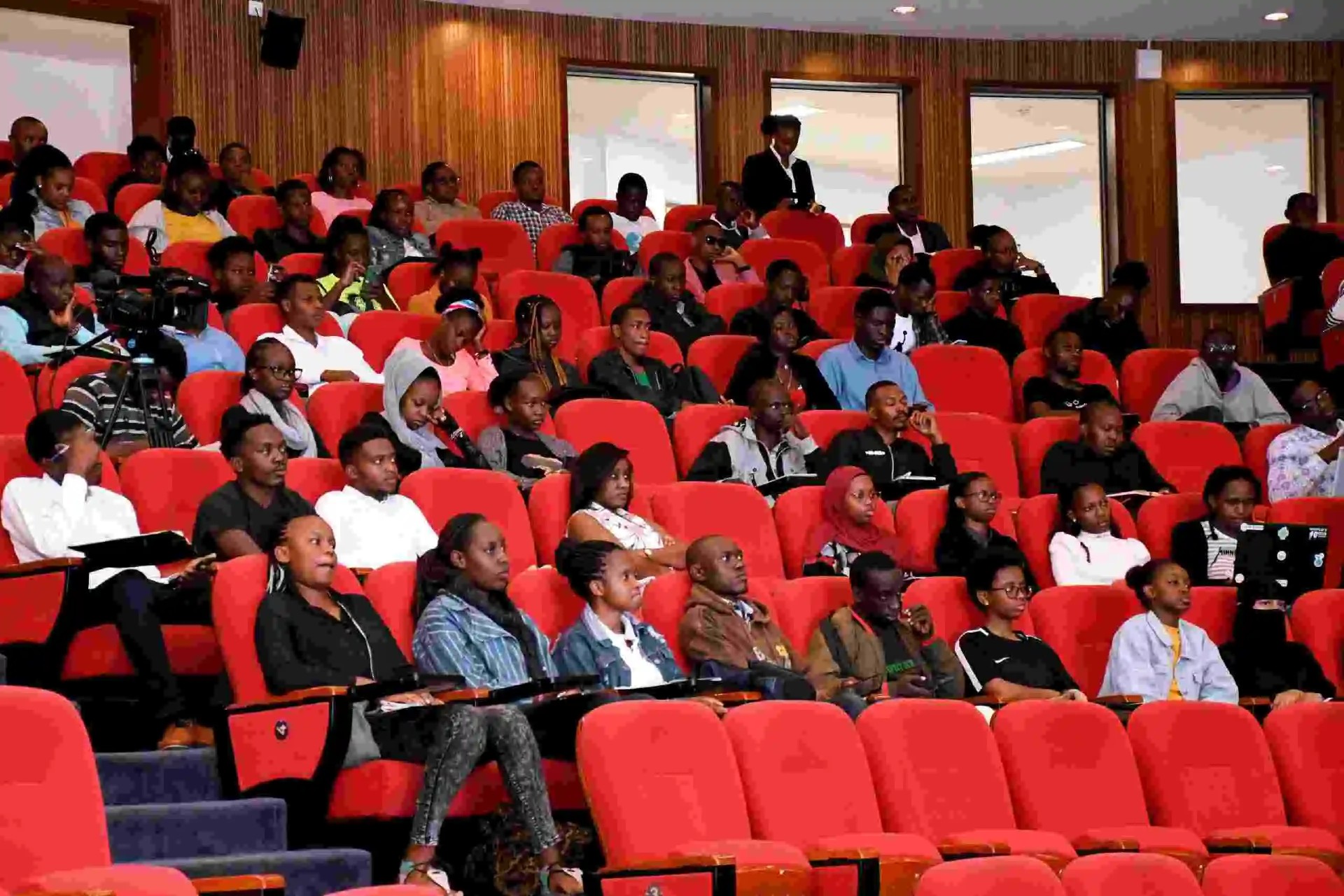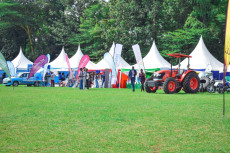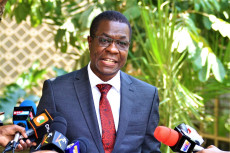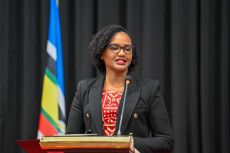- Closing the skills gap is essential if Africa is to protect its growing digital systems and to develop homegrown solutions.
- Events like CyberWeek Africa show that with the right focus and cooperation, Africa can shape its own digital destiny.
As Africa moves into a new age of digital change, strong cybersecurity is more important than ever, a point made clearly at CyberWeek Africa 2025 held at the Kenya School of Government (KSG) in Nairobi from October 27 to 31, 2025.
The summit brings together policymakers, technology leaders, and business executives to discuss how to build a safer and more resilient digital future for the whole continent, under the theme “Compliance by Design.”
A major message from the summit is that security must be built into digital systems from the start. That approach helps build public trust and creates a stable environment for investment, because investors and companies feel safer when they know data and digital assets are protected.
At the event, experts and national leaders took part in high-level panels and practical exercises: including Africa’s first military-grade cyber defense simulation, to strengthen the continent’s cyber resilience.
The summit also ran a university student hackathon that showcased young talent and helped create a direct pipeline of people ready to solve real-world problems in cybersecurity and digital innovation.
Read More
Closing the skills gap is essential if Africa is to protect its growing digital systems and to develop homegrown solutions. By investing in training and competitions like hackathons, the continent can grow a workforce able to secure networks and build new tools in fields such as cybersecurity and artificial intelligence.
This kind of investment also creates jobs and gives young people chances to take part in the digital economy.
The wider benefits of technology in Africa are already visible. Mobile technology drives a large share of the continent’s digital economy and helps millions access banking, markets, and online services.
According to the GSM Association (GSMA)’s “State of the Industry Report on Mobile Money 2025” the industry achieved two major milestones in 2024: more than two billion accounts have been created, and more than 500 million active users every month.
This expansion supports financial inclusion and economic growth. Mobile money services are also shown to contribute significantly to Gross Domestic Product (GDP) in countries where they operate.
Digital tools are also improving health and education services, and helping governments deliver public services more efficiently and transparently.
Technology is also aiding in climate-action efforts by improving how resources are monitored and used, and by enabling climate-smart solutions.
By leading in both digital innovation and cybersecurity, Africa is shifting from being mainly a user of technology to becoming a creator and protector of secure, locally relevant digital systems.
Events like CyberWeek Africa show that with the right focus and cooperation, Africa can shape its own digital destiny. This progress points to a future that is safer, more inclusive, and full of opportunity for people across the continent.
Stay connected with us on WhatsApp and X for instant updates and breaking news as it happens



-1772541181-md.jpg)





-1772541181-sm.jpg)


